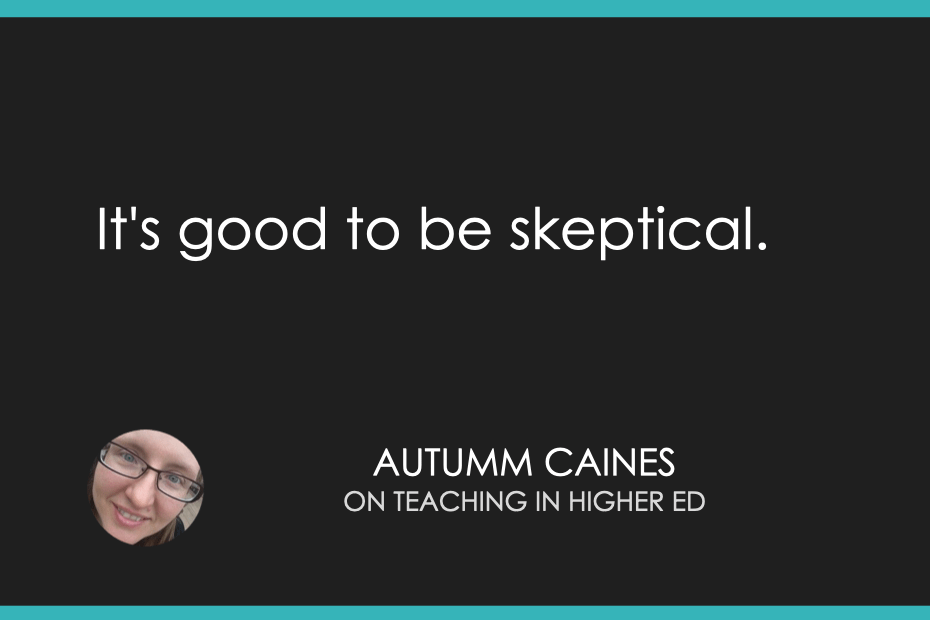
 Teaching in Higher Ed
Teaching in Higher Ed Expanding Our Collective Understanding of Generative AI
Jan 18, 2024
Autumm Caines and Maya Barak discuss generative artificial intelligence (AI) on a podcast. They talk about the importance of being skeptical, students' lack of awareness about data privacy, and the need for better tools to distinguish truth from fiction. They also explore the ethical concerns surrounding AI and its impact on academic integrity. Additionally, they recommend the Five Calls app for political activism and the TV show Julia on Max for exploring ethical questions.
Chapters
Transcript
Episode notes
1 2 3 4 5 6
Introduction
00:00 • 3min
Gratitude, Scholar in Residence Program, and Focusing on Generative AI
03:01 • 4min
Creating the Digpedit Dearborn Community of Practice for Digital Pedagogies
07:17 • 3min
The Importance of Communities and Curiosity
10:05 • 24min
Ethical Concerns and AI in Academic Integrity
34:20 • 10min
Two Tangentially Related Recommendations
44:37 • 2min

